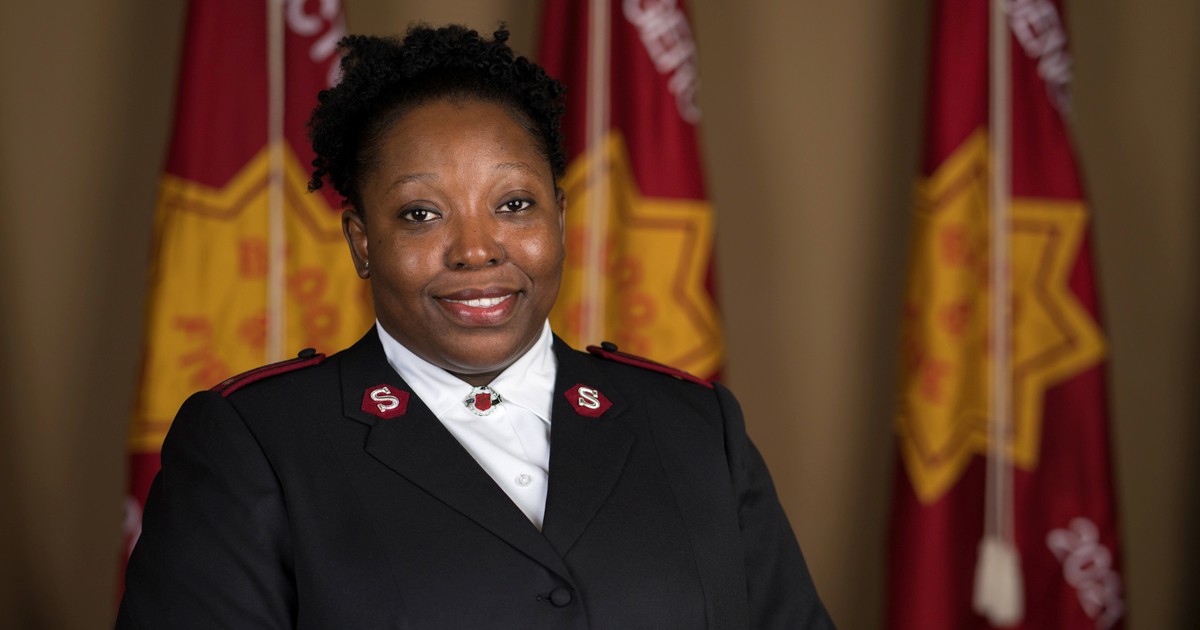“Culture resides in our minds, in the stories we tell ourselves,” says Peter Senge, author of The 5th Discipline. If that's true, and it resonates with me, then changing culture is about changing the stories we tell ourselves. Let me illustrate.
I used to drive a 1995 Plymouth Sundance, which one of our young sons named “Franky.” One night as we drove along Ontario's highway 401, a deer ran in front of us and Franky collided with it, causing $4,000 in damage to the vehicle. The insurance company deemed it repairable and so into the body shop it went. Less than a year later we came out of church one Sunday night to discover that Franky had been raptured. Well, no, Franky was stolen! The police found Franky a few days later and into the shop it went for more repairs … another $4,000 worth of damage to the vehicle. About six months later, I parked on the street in front of my kids' school. While waiting for them to come out, I watched a big yellow school bus rumble by. The driver swung in front me and the back of his bus caught the front of our car, leaving $2,500 worth of repairs to Franky.
So what's the story, I asked myself? There's something about this car! Maybe it's being hunted by Satan? Maybe Franky has bad luck? Maybe you shouldn't name a car Franky? You get the idea.
Now take your life. Our experiences can form the same kind of irrational or, depending on your perspective, rational opinions. We find ourselves having trouble at the store and we assume that the clerk is either out to get us or is incompetent. Perhaps in the midst of a difficult time we face a further loss and we assume that the world is against us. Maybe we have a disagreement with our officer, pastor or a leader in the corps, and we make the assumption that they are wrong (because we are right!) and then we extrapolate from that experience that all authority figures are wrong.
But is there another story we could tell ourselves? When the clerk doesn't get our food order right, could we remember that many people have no food and just be grateful for the privilege of eating? When we're in disagreement with a brother or sister in Christ, could we sense that God is working to remove the rough edges of our character? In the midst of loss or hurt, could we remind ourselves of the positives? Could we see that God is with us, that he has provided us with the Holy Spirit to be our guide? Could we remember that we have friends who have told us they will stand with us? In the midst of tragedy could we see that God has promised to be our comfort and strength?
What is the story that we need to tell ourselves? God's story, I remind myself everyday, is one of redemption and love and mercy. Changing our story to one of positive and affirming qualities will bring us a greater sense of joy and appreciation and will tell of a better culture which Jesus called the Kingdom of God.
 Major Fred Waters is an Area Commander in the Prairie & Northern Territories Division. Edmonton and the north is his perspective presently on family, friends and ministry. Fred enjoys outdoor activities such as camping, hiking and gardening. Together with his wife, Wendy, he has shared in the experiences of youth ministry, corps officership and administration.
Major Fred Waters is an Area Commander in the Prairie & Northern Territories Division. Edmonton and the north is his perspective presently on family, friends and ministry. Fred enjoys outdoor activities such as camping, hiking and gardening. Together with his wife, Wendy, he has shared in the experiences of youth ministry, corps officership and administration.
I used to drive a 1995 Plymouth Sundance, which one of our young sons named “Franky.” One night as we drove along Ontario's highway 401, a deer ran in front of us and Franky collided with it, causing $4,000 in damage to the vehicle. The insurance company deemed it repairable and so into the body shop it went. Less than a year later we came out of church one Sunday night to discover that Franky had been raptured. Well, no, Franky was stolen! The police found Franky a few days later and into the shop it went for more repairs … another $4,000 worth of damage to the vehicle. About six months later, I parked on the street in front of my kids' school. While waiting for them to come out, I watched a big yellow school bus rumble by. The driver swung in front me and the back of his bus caught the front of our car, leaving $2,500 worth of repairs to Franky.
So what's the story, I asked myself? There's something about this car! Maybe it's being hunted by Satan? Maybe Franky has bad luck? Maybe you shouldn't name a car Franky? You get the idea.
Now take your life. Our experiences can form the same kind of irrational or, depending on your perspective, rational opinions. We find ourselves having trouble at the store and we assume that the clerk is either out to get us or is incompetent. Perhaps in the midst of a difficult time we face a further loss and we assume that the world is against us. Maybe we have a disagreement with our officer, pastor or a leader in the corps, and we make the assumption that they are wrong (because we are right!) and then we extrapolate from that experience that all authority figures are wrong.
But is there another story we could tell ourselves? When the clerk doesn't get our food order right, could we remember that many people have no food and just be grateful for the privilege of eating? When we're in disagreement with a brother or sister in Christ, could we sense that God is working to remove the rough edges of our character? In the midst of loss or hurt, could we remind ourselves of the positives? Could we see that God is with us, that he has provided us with the Holy Spirit to be our guide? Could we remember that we have friends who have told us they will stand with us? In the midst of tragedy could we see that God has promised to be our comfort and strength?
What is the story that we need to tell ourselves? God's story, I remind myself everyday, is one of redemption and love and mercy. Changing our story to one of positive and affirming qualities will bring us a greater sense of joy and appreciation and will tell of a better culture which Jesus called the Kingdom of God.
 Major Fred Waters is an Area Commander in the Prairie & Northern Territories Division. Edmonton and the north is his perspective presently on family, friends and ministry. Fred enjoys outdoor activities such as camping, hiking and gardening. Together with his wife, Wendy, he has shared in the experiences of youth ministry, corps officership and administration.
Major Fred Waters is an Area Commander in the Prairie & Northern Territories Division. Edmonton and the north is his perspective presently on family, friends and ministry. Fred enjoys outdoor activities such as camping, hiking and gardening. Together with his wife, Wendy, he has shared in the experiences of youth ministry, corps officership and administration.









Leave a Comment